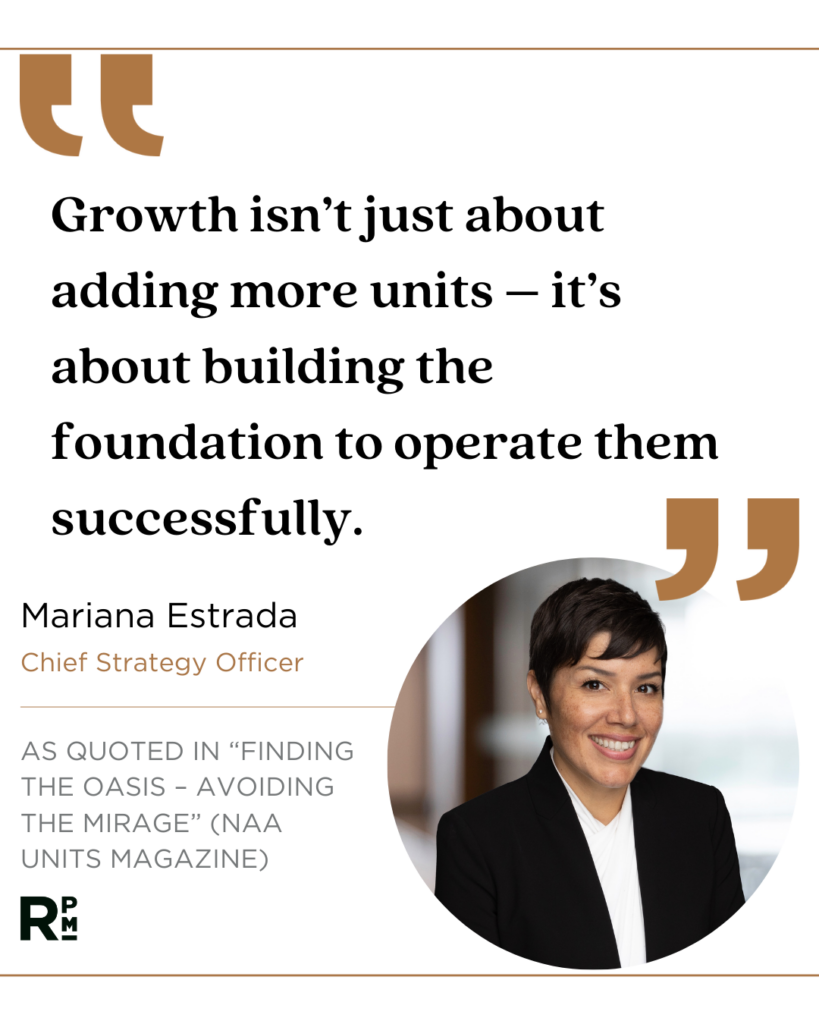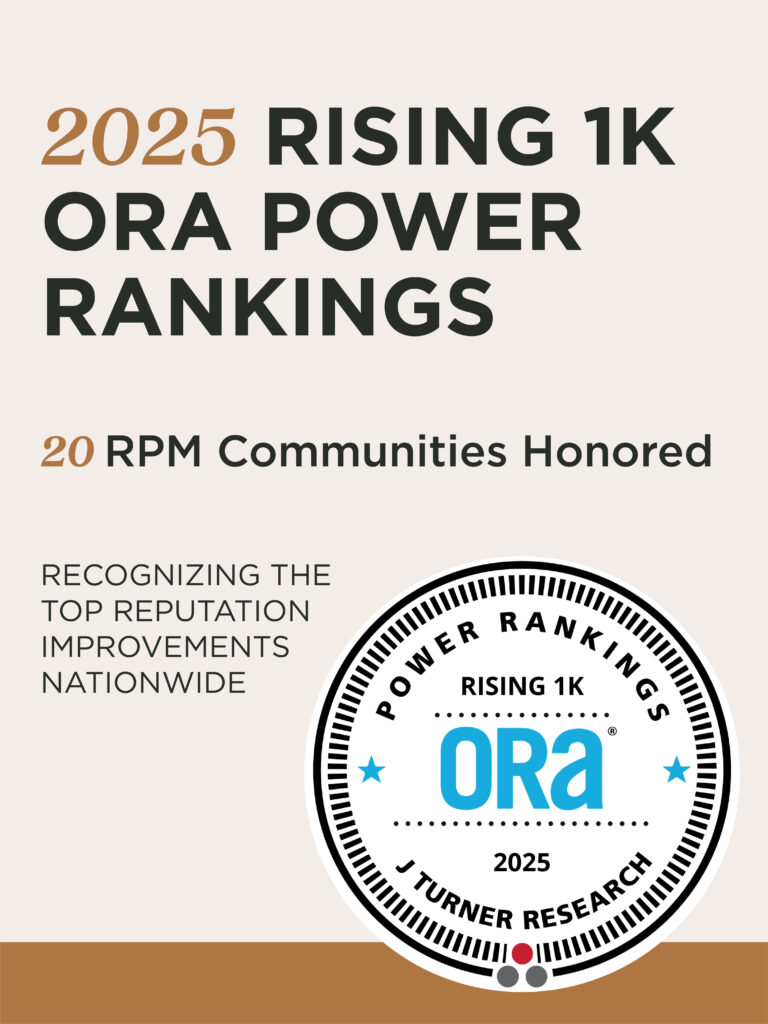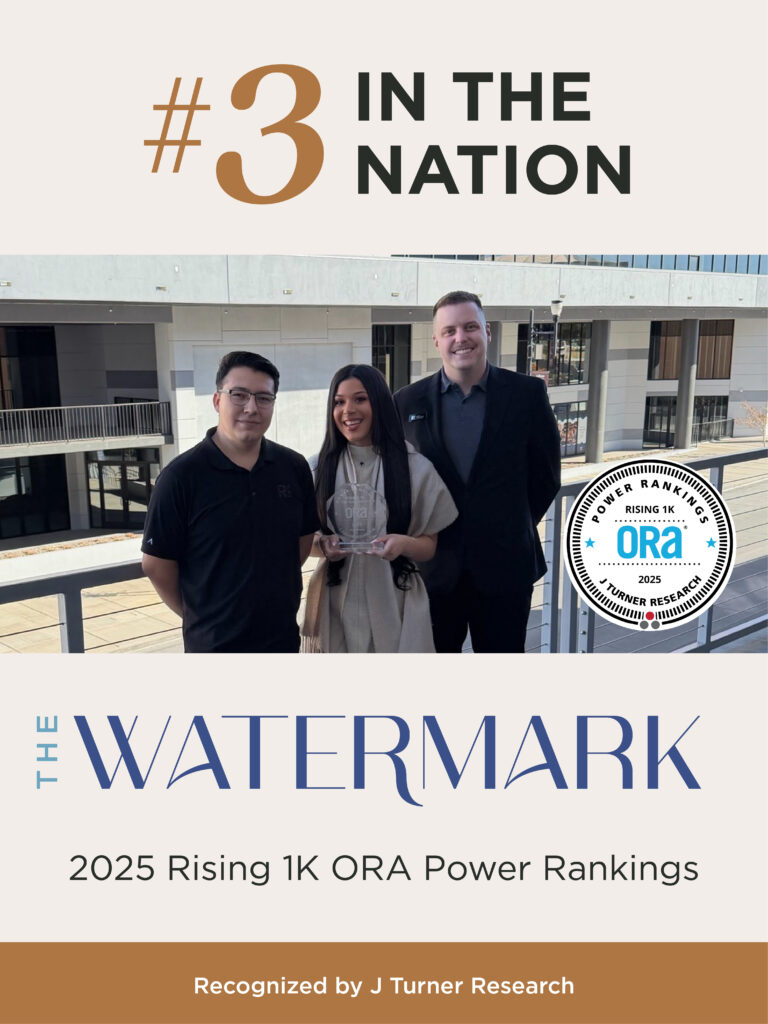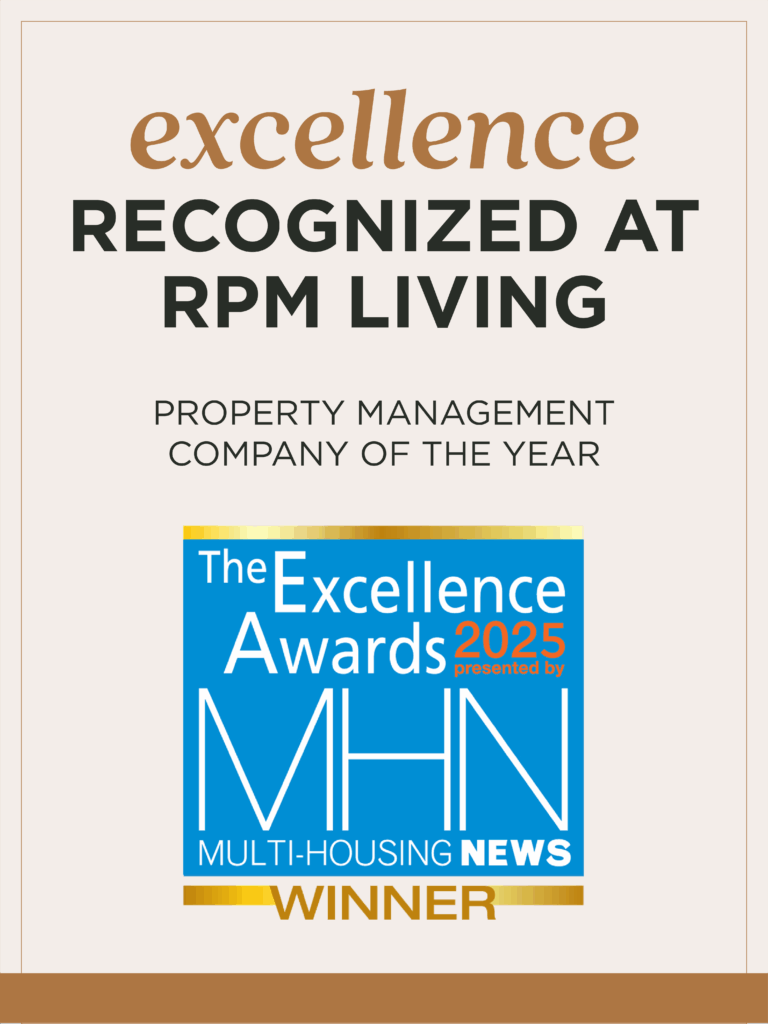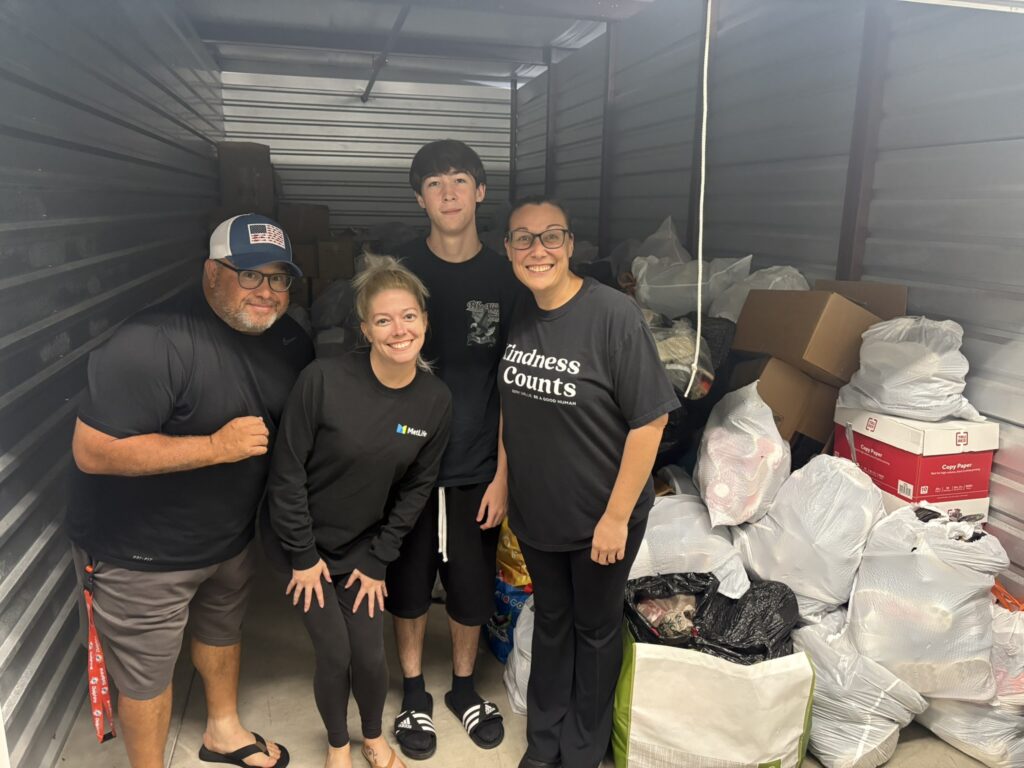Honoring Culture, Identity, and Story
For Black History Month, we asked members of our Unity in Color ERG to share something meaningful about their culture, identity, or journey. Through quotes, music, and lived experience, each reflection offers a glimpse into the stories that shape who we are - and how we show up every day.

Jessica Legston - Marketing Manager | Unity in Color ERG Leader
Jessica shared the song “Golden” - Jill Scott.
For Jessica, “Golden” celebrates joy, self-worth, and living fully in your own light. It’s a reminder that success isn’t only about achievement - it’s also about presence, gratitude, and the freedom to be yourself without shrinking. Her identity is shaped by history, culture, and community, but also by personal growth, creativity, and the everyday choices that help her build a life that feels meaningful.

Angel Hays - Regional Performance Manager | Unity in Color ERG Leader
Angel shared the phrase:
“Reclaiming my time.” - Maxine Waters
She also shared the song “Defying Gravity.”
Angel shared that her life hasn’t followed a straight or predictable path. Through both highs and setbacks, she’s learned that growth sometimes means standing alone in your choices. As the song says, “If I’m flying solo, at least I’m flying free,” and that line reflects her journey of choosing independence, resilience, and self-trust over comfort or approval. This song reminds her that even when the path is uncertain, owning her direction is what allows her to rise.

Trent Dodson - Community Manager
Trent shared a quote from Martin Luther King Jr.:
“If you can’t fly, then run; if you can’t run, then walk; if you can’t walk, then crawl - but whatever you do, you have to keep moving forward.”
For Trent, this quote is a reminder that progress doesn’t have to be perfect or fast. What matters is continuing forward, no matter the pace.

Chris Cooper - Regional Human Resources Manager
Chris shared a quote by Eric Thomas:
“Greatness never goes on sale. It costs what it costs. Rent on a great career - and a great life - is due every day.”
He also shared the song “Blessed & Free” - Kane Brown ft. H.E.R.
Together, these reflect Chris’s mindset that growth is built daily through consistency, commitment, and gratitude - showing up with intention in both work and life.

Tiara Foster - Community Manager
Tiara shared the quote:
“Strength isn’t loud. It’s what remains after you’ve survived what was supposed to break you.”
She also shared the song “Firestone” - Kygo ft. Conrad Sewell.
Tiara shared that resilience is often misunderstood as toughness or an endless capacity to carry more. For her, resilience isn’t the absence of pain or fatigue - it’s the decision to remain honest with yourself while continuing forward anyway. Her leadership is rooted in clarity, boundaries, and self-respect, and her story is a reminder that strength doesn’t require spectacle.
Thank you to our Unity in Color ERG members for sharing their voices and stories this Black History Month.
Take me back to News & Press



